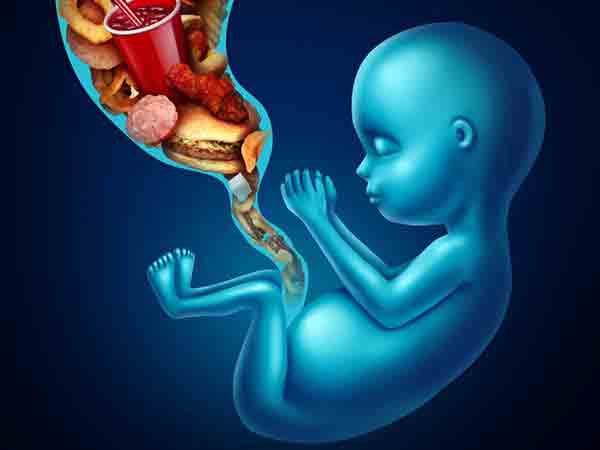Maternal pregnancy diet quality is directly associated with autonomic nervous system function in 6-month-old offspring
While there have been plenty of studies linking poor diet quality in an expecting mother with an elevated risk of the offspring developing specific diseases, this 2020 study analyzed how prenatal diet quality is related with the autonomic nervous system (ANS) function in 6-month old infants. Krzeczkowski et al. received the data on 400 women and their infants from the Maternal-Infant Research on Environmental Chemicals-Infant Development cohort. There were 2 types of assessments used to assess the heart rate variability (HRV) of the infants, which indicated their ANS function. Factors such as socioeconomic status, maternal depression symptoms, maternal cardiometabolic dysfunction, breastfeeding, and prenatal smoking were considered, and adjusted models were also investigated. The results demonstrated an association between lower prenatal diet quality with lower infant HRV observed in both assessments. The link was found to be significant before and after adjustments were made for the confounding variables. To summarize, poorer maternal diet quality was related with lower offspring heart rate variability (decreased capacity of the ANS to respond adaptively when challenged). In other words, eating a poor diet during pregnancy may strongly influence the programming of multiple organ systems in the offspring, and increase their chances of developing diseases. [NPID: maternal diet, child development, postpartum depression, neonatal, post-partum depression, well-being]
Year: 2020
 Navigation
Navigation






